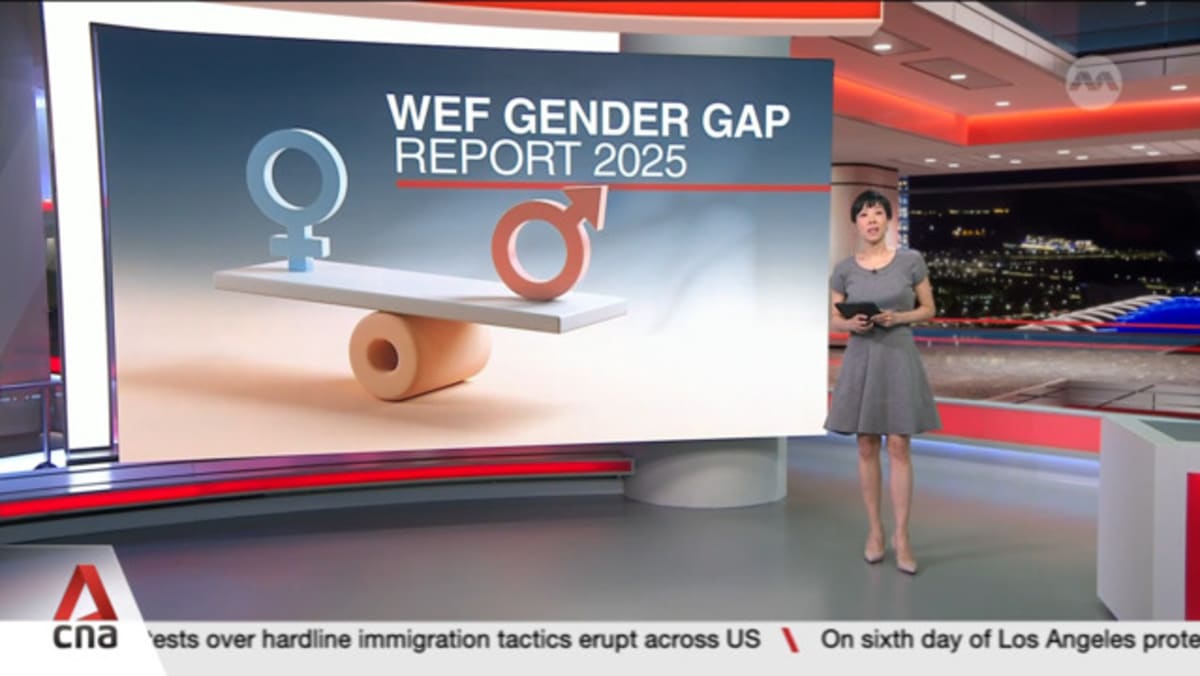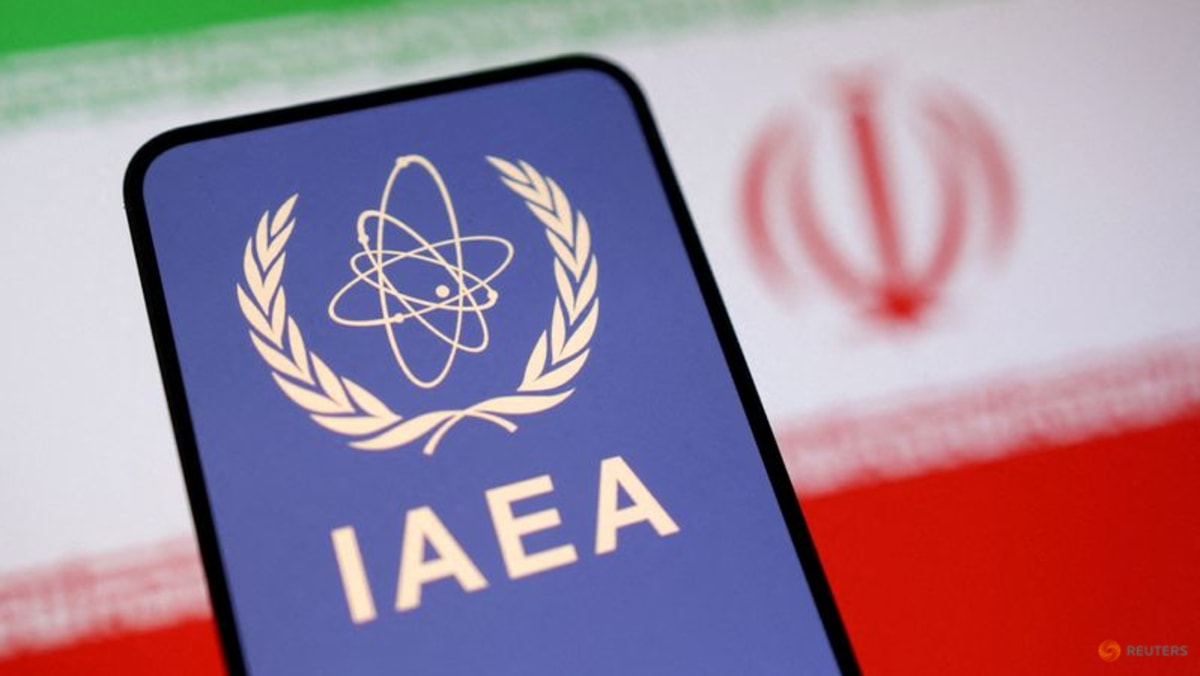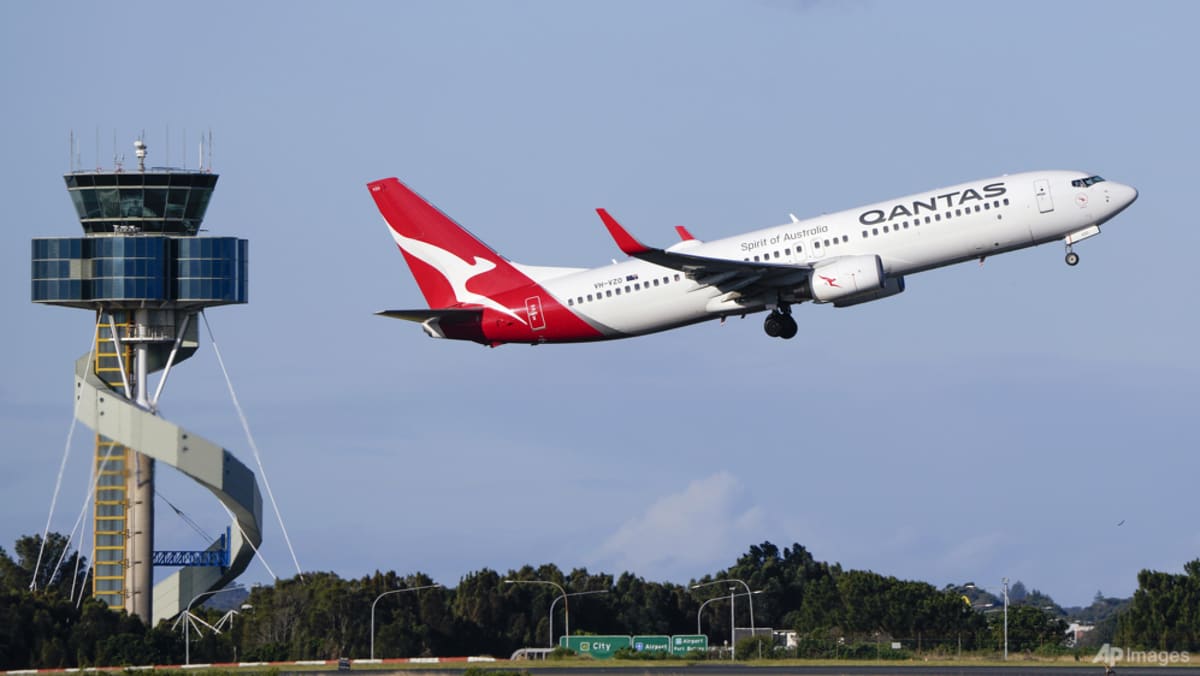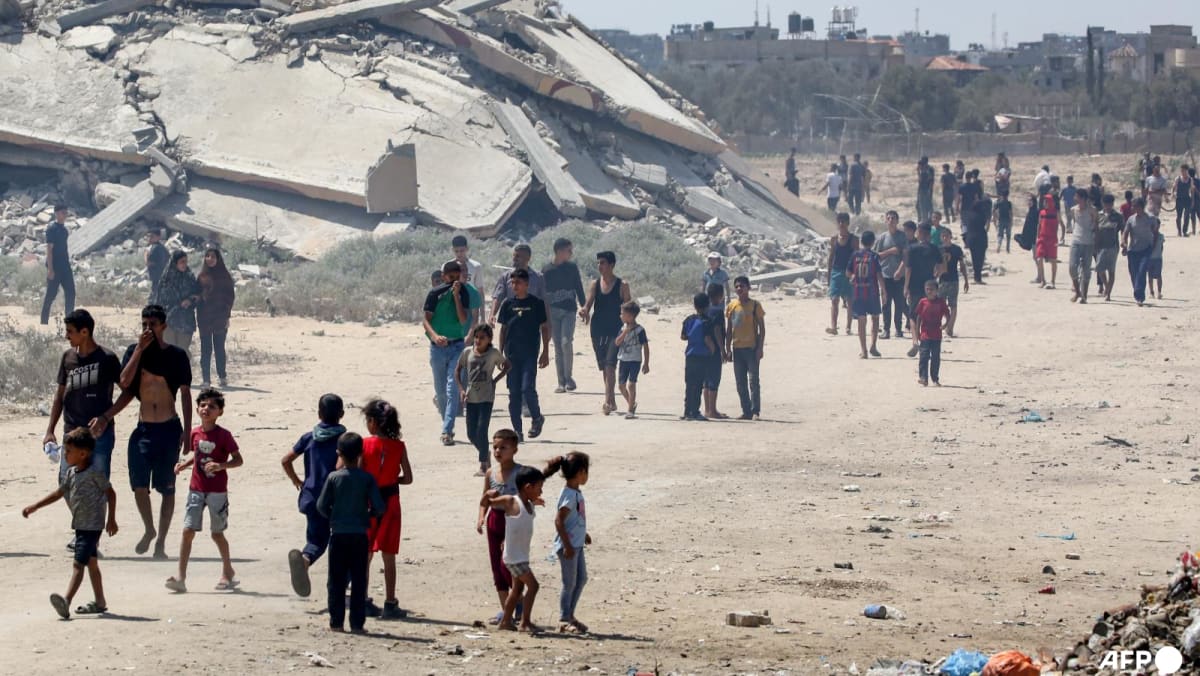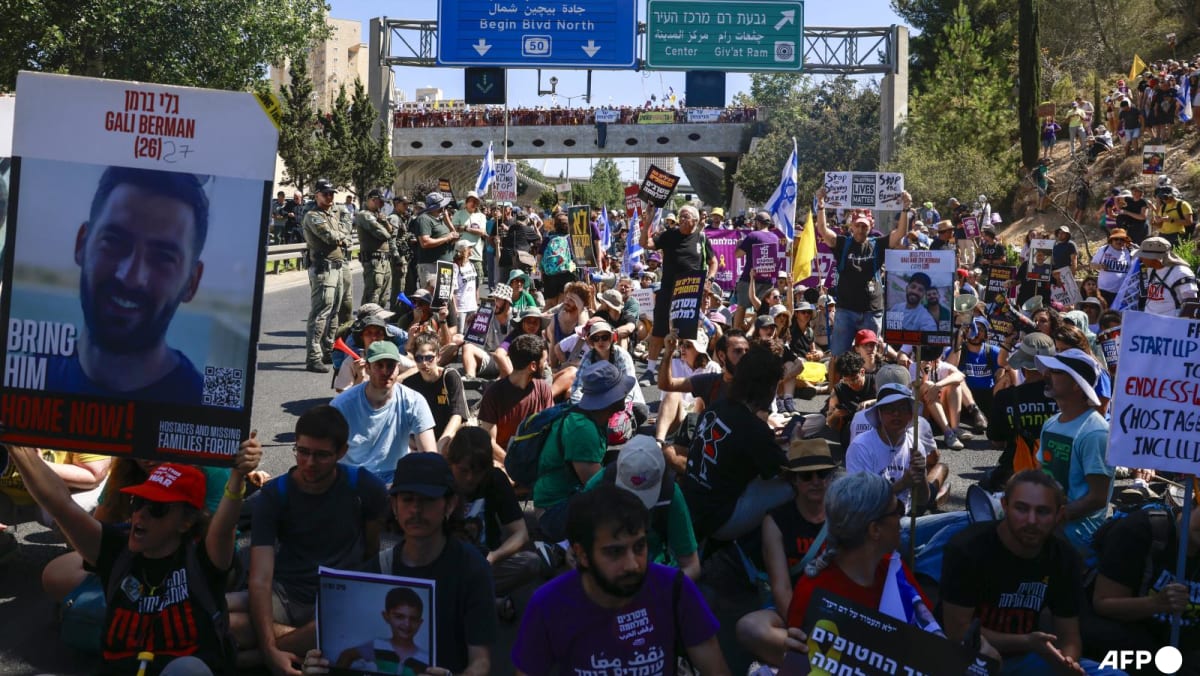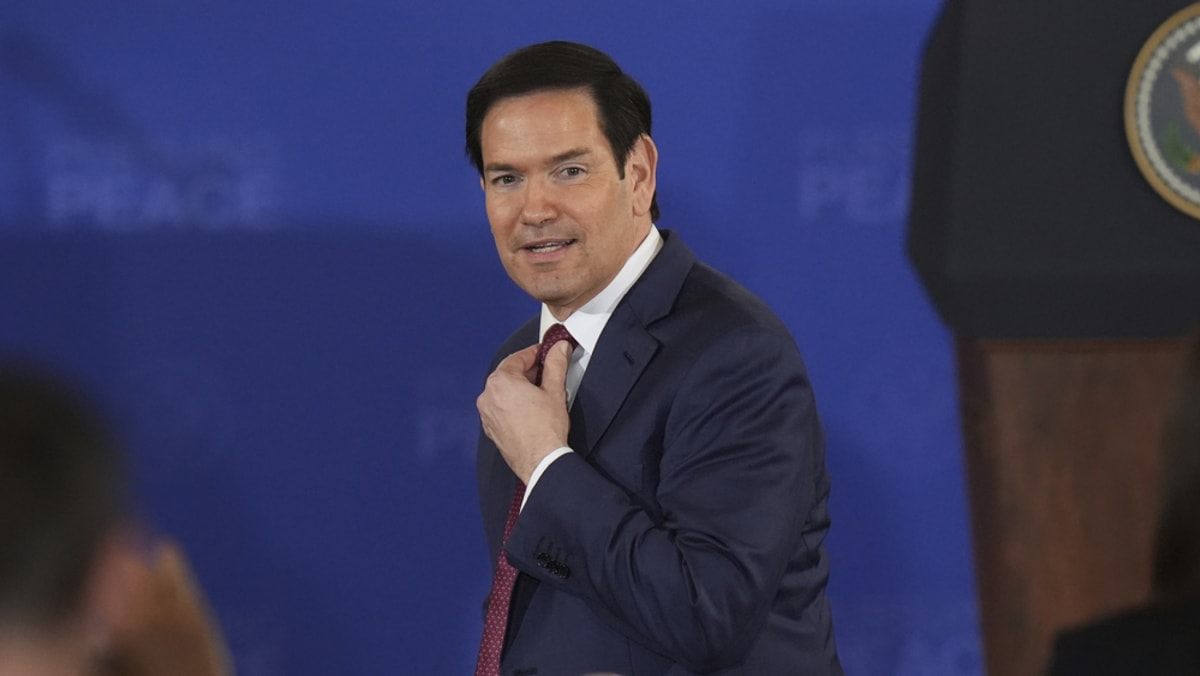The World Economic Forum has estimated that it will take 123 years to achieve gender parity. While this is an improvement of 11 years from last year’s estimate, it still falls more than a century short of the UN Sustainable Development Goals. Although no economy has achieved full gender parity yet, Iceland is leading for the 16th consecutive year, closing nearly 93% of its gender gap. The report measures gender gaps across four areas: Health and survival, educational attainment, economic participation and opportunity, and political empowerment. Health and survival is closest to parity, while political empowerment remains the furthest behind, despite making the most progress since 2006.
Top News
- Hamas receives new Gaza truce plan: Official
- Country Garden wins bank creditor group’s support for offshore debt overhaul
- Redemption-seeking Inter gamble on rookie Chivu
- Dollar gains before Ukraine peace talks, Fed policy in focus
- Thompson out of sprint showdown with Lyles in Lausanne
- Pilgrimage route cut as Spanish wildfires spread to Picos de Europa mountains
- Google announces Tennessee as site for small modular nuclear reactor
- Iran says it will continue talks with IAEA after curbing access





